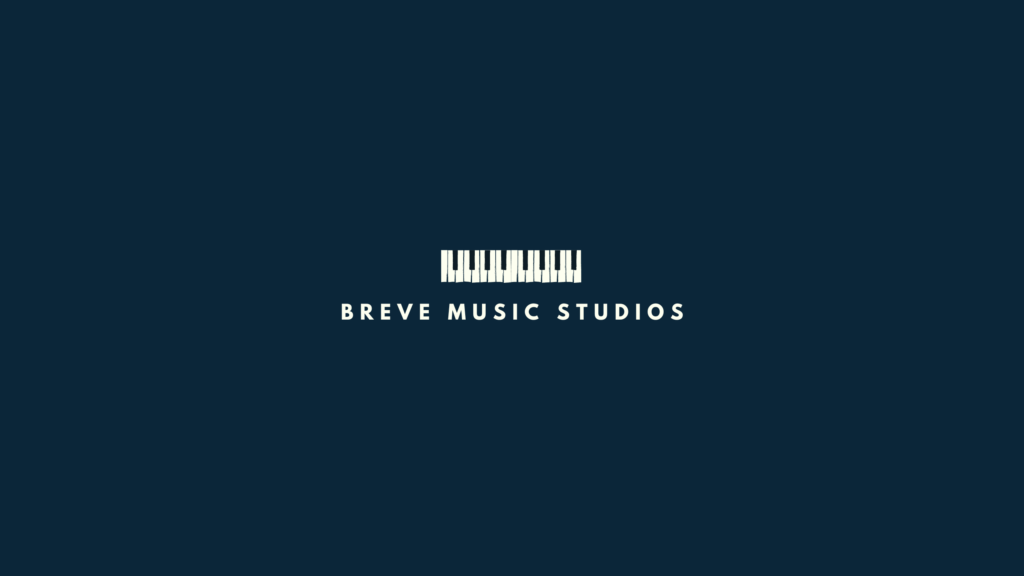Table of Contents
Tips for Music Marketing
Marketing your music can be a challenging task, but it’s a key aspect of building a successful career as a musician. Now a days, musicians have access to a wide range of tools and platforms to market and promote their music. Here are some tips on how to market your music successfully:
1. Build a Strong Online Presence
Having a strong online presence is crucial for musicians. Start by creating a website and social media profiles on platforms such as Facebook, Instagram, Twitter, and YouTube. Use these platforms to share your music, photos, videos, and updates about your career. Engage with your fans by responding to comments and messages.
Owning a domain and we using a web host like Bluehost, WordPress, SiteGround, or Wix are incredibly helpful.
You’ll want to define your target audience. Start by defining the demographics of your ideal listener. Consider factors like age, gender, location, interests, and behavior. This information will help you create a profile of your target audience.
Research your market: Research your market to understand the current trends and preferences of your target audience. This can include analyzing similar artists in your genre, checking out popular playlists on streaming platforms, and monitoring social media conversations. If you have access to your Spotify For Artist profile(s), you can receive a nice breakdown of your audience’s demographics.
Using social media is a powerful tool for reaching your target audience. Choose the platforms that align with your target audience and engage with them regularly. Share updates, new music releases, and behind-the-scenes content to keep your audience engaged.
Make sure to create content that speaks directly to your target audience. This can include music videos, blog posts, and interviews. Consider what your audience values and how your music can fulfill their needs and interests.
2. Use Email Marketing
Email marketing is a valuable tool in the music marketing arsenal because it allows musicians to communicate directly with their fans and potential fans. With email marketing, artists can inform subscribers of new releases, upcoming events, merchandise, and other important updates.
One of the most significant benefits of email marketing is that it provides a personal and direct connection between the artist and the audience. Email marketing allows musicians to connect with their subscribers on a one-to-one basis, which can build a deeper relationship with fans and increase engagement. It also offers an opportunity to target specific segments of the audience based on factors like location, age, gender, and other preferences.
Email music marketing campaigns can be tailored to fit different stages of the buyer’s journey. For example, a musician might use email to promote a new album or track to subscribers who are already fans. On the other hand, they might use email to promote a live show or tour to a wider audience of potential fans who have yet to engage with the artist’s music.
Email marketing is an essential tool for musicians and anyone in the music industry who wants to promote their work. It is a highly effective way to communicate directly with fans and potential fans, build relationships, and ultimately drive more revenue through music sales, merchandise, and live events.
Using a service like Mailchimp or Constant Contact to asset with your music marketing for emails.

3. Collaborate with Other Musicians and Brands
Collaborating with other musicians and brands can be an effective strategy for music marketing. You can look to expand their audience and increase their exposure. When done right, collaborations can benefit both parties and create a mutually beneficial relationship.
One way to collaborate is through featuring guest artists on your songs or albums. This can introduce your music to the guest artist’s fanbase and vice versa, potentially increasing your reach and building a new following. It’s important to choose guest artists that are a good fit for your style and genre to ensure the collaboration is successful and resonates with your target audience.
Another way to collaborate is by partnering with brands that align with your music and values. For example, if you’re a singer-songwriter with a focus on environmentalism, partnering with a sustainable fashion brand could be a great fit. The brand can help promote your music and events to their audience, while you can help promote their products to your audience. This type of collaboration can not only help you reach a new audience but also build your brand and reputation as a socially conscious musician.
When collaborating with other musicians and brands, it’s important to establish clear goals and expectations from the start, including how each party will benefit from the collaboration. This can help ensure a successful partnership and avoid any misunderstandings or disappointments down the road.
Collaborations can be a valuable tool for music marketers to expand their reach and gain more exposure. By working with like-minded artists and brands, you can build new relationships and connections that can benefit your career and help you achieve your goals.
4. Release Your Music on Streaming Platforms
Streaming platforms such as Spotify, Apple Music, and Tidal are essential for musicians in today’s music industry. Release your music on these platforms and promote it to your fans. Consider creating playlists to showcase your music and collaborating with curators to get your music featured on popular playlists.
Using a distributor like Distrokid or Landr is essential.
5. Utilize Video Content
Video content has become an increasingly popular and effective tool for music making and engaging with your audience. With the rise of social media platforms like YouTube, TikTok, and Instagram, you can easily create and share high-quality videos to showcase their music and personality. Video content allows artists to visually communicate their message, emotions, and creativity, which can be more compelling and engaging than traditional marketing methods.
Through video content, musicians can build their brand identity, connect with their audience, and promote their music in a more interactive and personalized way. Video content can range from music videos, live performances, behind-the-scenes footage, vlogs, and interviews, each offering a unique way to connect with fans and showcase the artist’s personality and talent.
Moreover, video content can be easily shared and distributed across multiple platforms, making it a powerful tool for music marketing. Through targeted social media advertising and influencer collaborations, musicians can reach a wider audience and attract new fans. Video content can also be repurposed and shared in various ways, such as creating highlight reels, teasers, or promotional clips, making it a versatile and cost-effective marketing tool.
Video content has revolutionized the way musicians promote their music and engage with their audience. By leveraging the power of video content, musicians can build their brand, connect with their audience, and reach new fans, ultimately leading to more success and exposure. You can use free video editing software like OpenShot or a paid service like Adobe Premiere Pro will help you edit your videos before release.
6. Play Live Shows
Playing live shows is an essential part of music marketing as it provides an opportunity for musicians to showcase their talents and engage with their fans in person. Live performances offer a unique and authentic experience that cannot be replicated through digital platforms. By performing live, musicians can build a loyal fan base and expand their reach to new audiences.
Live shows also allow for networking opportunities, where musicians can connect with industry professionals, potential collaborators, and other musicians. This can lead to collaborations, new opportunities for exposure, and potentially even record deals.
In addition, live shows provide opportunities for merchandise sales, which can further increase revenue and strengthen the connection between the artist and their fans. By selling merchandise at shows, fans have a tangible way to support their favorite artists and show their appreciation.
Playing live shows is a crucial aspect of music marketing and should be considered as part of any musician’s promotional strategy. It not only allows for a unique and authentic experience for fans but also provides opportunities for growth and success in the industry.
7. Use Paid Advertising
Paid advertising is a popular and effective way for music marketing. You can reach new audiences and promote their music. With paid advertising, you have the ability to target specific demographics, interests, and behaviors of your audience. This level of targeting is not possible with organic promotion methods, which means that you can more easily reach people who are likely to be interested in your music.
Music marketing using paid advertising can take many forms, such as social media advertising, display advertising, and search engine advertising. Each of these methods has its own unique advantages and can be used to achieve different goals. For example, social media advertising can be used to build brand awareness and promote new releases, while search engine advertising can be used to target people who are actively searching for music related to your genre.
When using paid advertising, it’s important to have a clear understanding of your target audience and goals. You should also be prepared to invest time and money into creating compelling ad content that resonates with your audience. By combining paid advertising with other music marketing strategies, you can create a comprehensive marketing plan that helps you reach new fans and grow your music career.
Additional Reading
Now that you’ve learned about 7 music marketing tips, take some time to check out our other articles. Learn audio engineering 101. You can also read about The Planets by Gustav Holst.
Check out this article comparing compressors and limiters. In this article, you can learn about gain staging.
Breve Music Studios publishes music to Spotify, YouTube Music, Amazon Music and more. Follow our pages on Facebook, Instagram, Twitter, TikTok, and YouTube.
Listen to our ensembles: Breve Orchestra, Breve Music Ensemble, Breve Low Brass Ensemble, Breve Woodwind Ensemble, and Jermaine Harris on Spotify.
